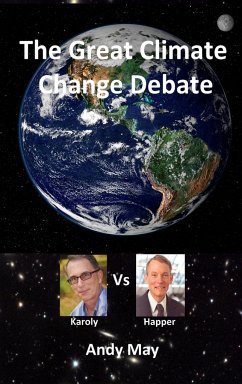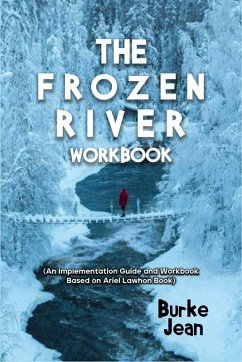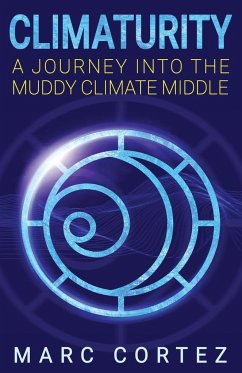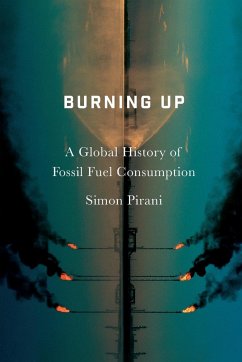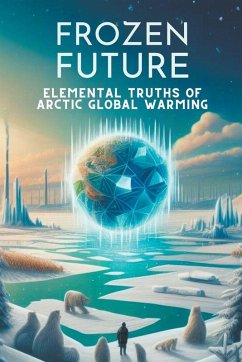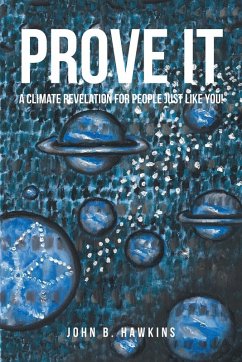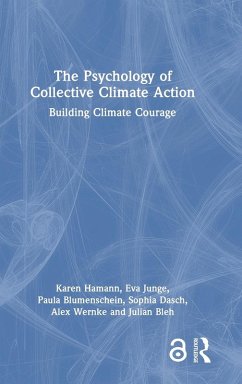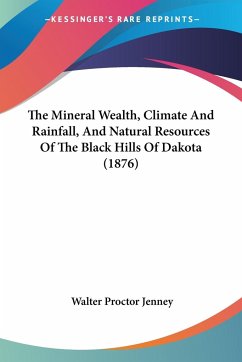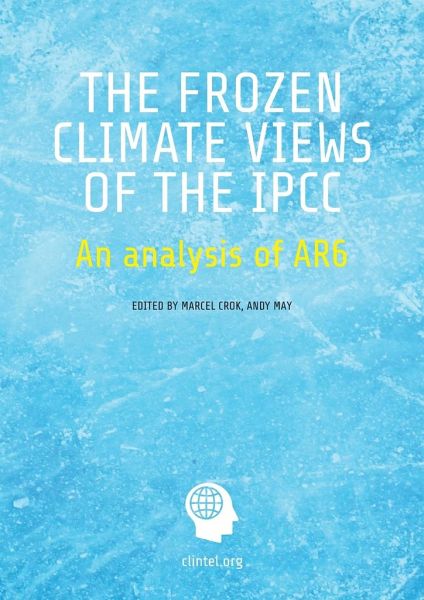
The Frozen Climate Views of the IPCC
An Analysis of AR6

PAYBACK Punkte
22 °P sammeln!
The IPCC has completed its sixth climate change assessment cycle consisting of seven reports in total, collectively known as "AR6." A team of eight scientists, in addition to several anonymous expert reviewers, from the Clintel network, have analyzed several claims from the Working Group 1 (The Physical Science Basis) and Working Group 2 (Impacts, Adaptation and Vulnerability) reports. The team and reviewers are from Spain, Canada, Italy, Germany, Norway, The Netherlands, the U.K., and the U.S. In every chapter, this book documents biases and errors in the IPCC assessment. The errors are worse...
The IPCC has completed its sixth climate change assessment cycle consisting of seven reports in total, collectively known as "AR6." A team of eight scientists, in addition to several anonymous expert reviewers, from the Clintel network, have analyzed several claims from the Working Group 1 (The Physical Science Basis) and Working Group 2 (Impacts, Adaptation and Vulnerability) reports. The team and reviewers are from Spain, Canada, Italy, Germany, Norway, The Netherlands, the U.K., and the U.S. In every chapter, this book documents biases and errors in the IPCC assessment. The errors are worse in the WG2 report but are also present in the WG1 report. For example, the IPCC ignored 52 highly relevant peer-review articles showing that "normalised disaster losses" saw no increase attributable to climate change yet highlighted one, out of 53 papers, that claimed there is an increase in losses. That one paper is - not surprisingly - flawed, but apparently its conclusions were so appealing to the IPCC that they fell for it. The strategy of the IPCC seems to be to hide any good news about climate change. "We are on a highway to climate hell", said UN-boss Guterres recently. But an in-depth look at mortality data shows that climate-related deaths are at an all-time low. Well-known economist Bjorn Lomborg published this excellent news in a 2020 peer-reviewed paper, but the IPCC chose to ignore it. Back in 2010, errors in the fourth WG2 report led to the investigation of the IPCC by the InterAcademy Council. This IAC Review recommended, among other recommendations, that "[h]aving author teams with diverse viewpoints is the first step toward ensuring that a full range of thoughtful views are considered." This important recommendation is still ignored by the IPCC. The AR6 Working Group 1 report is not free from bias and misleading conclusions either. The IPCC tries to rewrite climate history by erasing the existence of the Holocene Thermal Maximum, a warm period between 10,000 and 6000 years ago, by embracing a new hockey stick graph, that is the result of cherry-picked temperature proxies. They ignore temperature reconstructions that show significantly more variability in the past. The IPCC claims there is an acceleration in the rate of sea level rise in recent decades. We show this claim is flawed because the IPCC ignores decadal natural variability in the sea level rate. We also show that the IPCC sea level tool - made available for the first time - shows a mysterious and unlikely jump upward in 2020. Canadian economist Ross McKitrick, pointed out that all models used by the IPCC, show too much warming in the troposphere, both globally and in the tropics (where models predict a 'hot spot'). Observed warming indicates a moderate climate sensitivity between 1 and 2.5 degrees Celsius, while the IPCC claims a climate sensitivity of 3 degrees. On top of that, the IPCC is 'addicted' to its highest greenhouse gas emission scenario, the so-called RCP8.5 or now SSP5-8.5 scenario. In recent years, several papers have demonstrated that this scenario is simply not plausible and should not be used for policy purposes. Deep inside the WG1 report the IPCC acknowledges that this scenario has a 'low likelihood', but this very important remark was not highlighted in the Summary for Policy Makers, so the media and policy makers are unaware of this. This implausible scenario is commonly used in the report.





